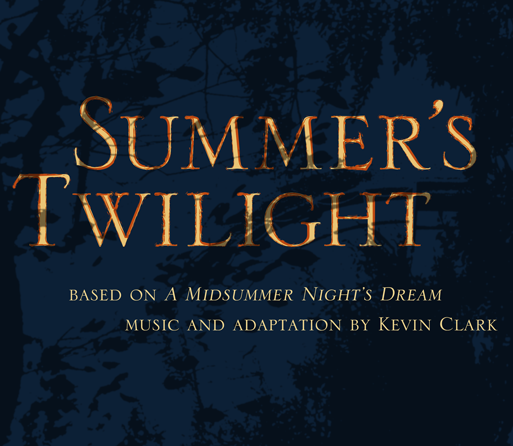Last night I went over to Ian Rosenbaum‘s place, and we went over some of the sketches I’ve got for the new scene 1 of Summer’s Twilight. As usual with a marimba part, you think some things are hard when they’re easy, and you think some things are easy but they’re hard. Sometimes you take a note out of a chord because no one will know and it makes it easier to play, and sometimes you add one for a fuller sound.
Not as usual, I stuck a Flip camera in Ian’s face as he played through Oberon’s opening monologue for the second time ever. Then I put it through a very Instagrammy effect on Youtube, and here it is for your viewing pleasure.
I’m collaborating with you right now
Given everything I’ve been writing about audience collaboration and bringing all the cool new techniques of marketing the arts online into the process of making art online, I thought it was high time I put my money where my mouth is. Or, maybe put my music where my mouth is.
So, what do you think? The new version of Summer’s Twilight opens with Oberon striding onto an empty stage, and playing this monologue on his marimba, while no words are spoken.
I with the morning’s love have oft made sport.
And, like a forester the groves may tread,
Even till the Eastern Gate, all fiery red,
Op’ning on Neptune,
Turns into yellow gold his salt green streams.
The big question
Here’s what I want to hear from you. This is the first time you meet Oberon. From this music, what’s he like? You know he’s supernatural, he’s playing a marimba after all, but is he nice? evil? manipulative? cautious? benevolent? Does he have a lot of friends, or is he very serious? Let me know in comments, on twitter, facebook, google+, whatever. Who is this guy?
A secondary question: can you follow along with the words? There are some arpeggios that don’t have words attached, but the rest of the monologue does. Can you hear the text? Should I upload the score to this passage for you?
And a small disclaimer: Flip cams have terrible microphones and marimbas are notoriously hard to record well. Live, they fill the room with a magical wooden warmth. It’s delicious. Recorded…. they tend to sound like big xylophones. The bottom notes in particular tend to sound funny unless you’re in a big room and like thirty feet away. In this recording, a lot of the bottom octave sounds an octave up! (For nerds: the wavelength of the fundamental pitch is pretty huge, like bigger than the room we were in. This is a marimba problem particularly because marimbas are kind of like bells and have really weird spectra.)
The rest of my meeting
We also spent a good chunk of time talking about me producing a production, film, Kickstarter and tour of Mauricio Kagel‘s Dressur with Ian, Candy Chiu and John Corkill. I’ve seen those three do the piece at Zankel Hall at Carnegie, and you can see them do it for Vic Firth right now. That performance was a few years ago, and they just keep getting better.
I’m incredibly psyched to get to work with them on this. Oh, and did I mention that Kagel studied with my idol, Jorge Luis Borges?

I’m starting to think about the show and the marimba in terms of performer movement and how the instrument is played (new territory for me, woohoo!). The things that struck me most about different sections of the monologue were the playfulness that a series of individual notes can have, the majestic power of the trills (is that what you call it, when he holds a chord?), and the deliberate, commanding nature that other individual notes take on when the tempo is slower. Those really go for both the sound of the marimba and the way the musician has to move to play them. And those are all such awesome things for Oberon to have! But making them appear distinct from each other and in such a way as to tell a story to a non-musician’s ear is trickier.
Btw, Ian, you are a total badass. 🙂